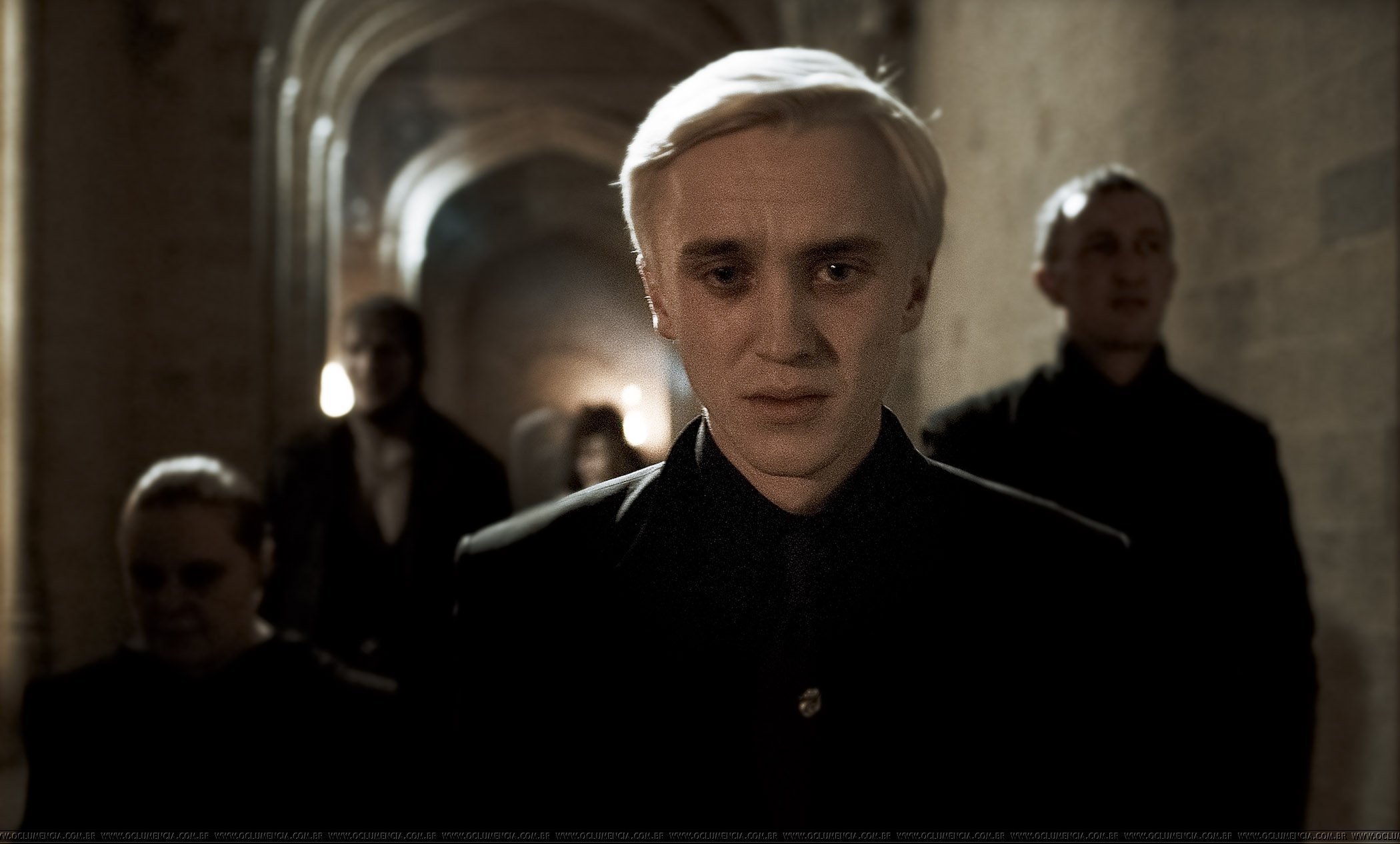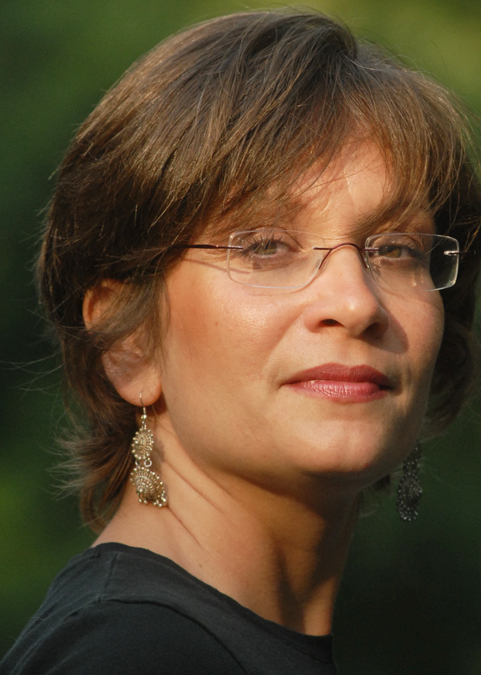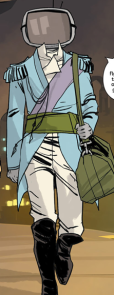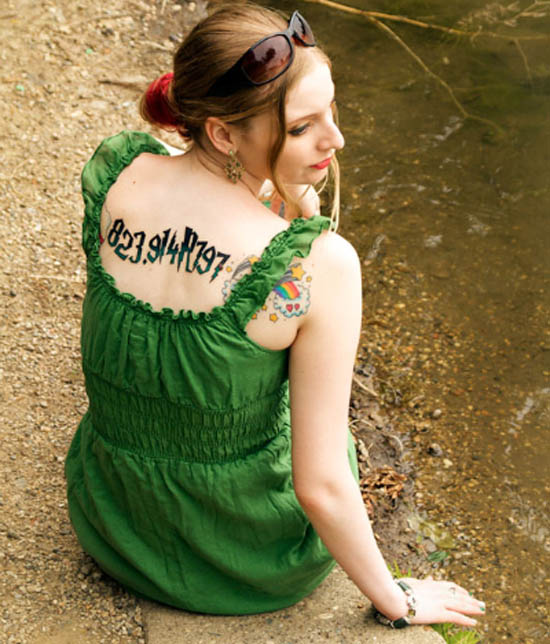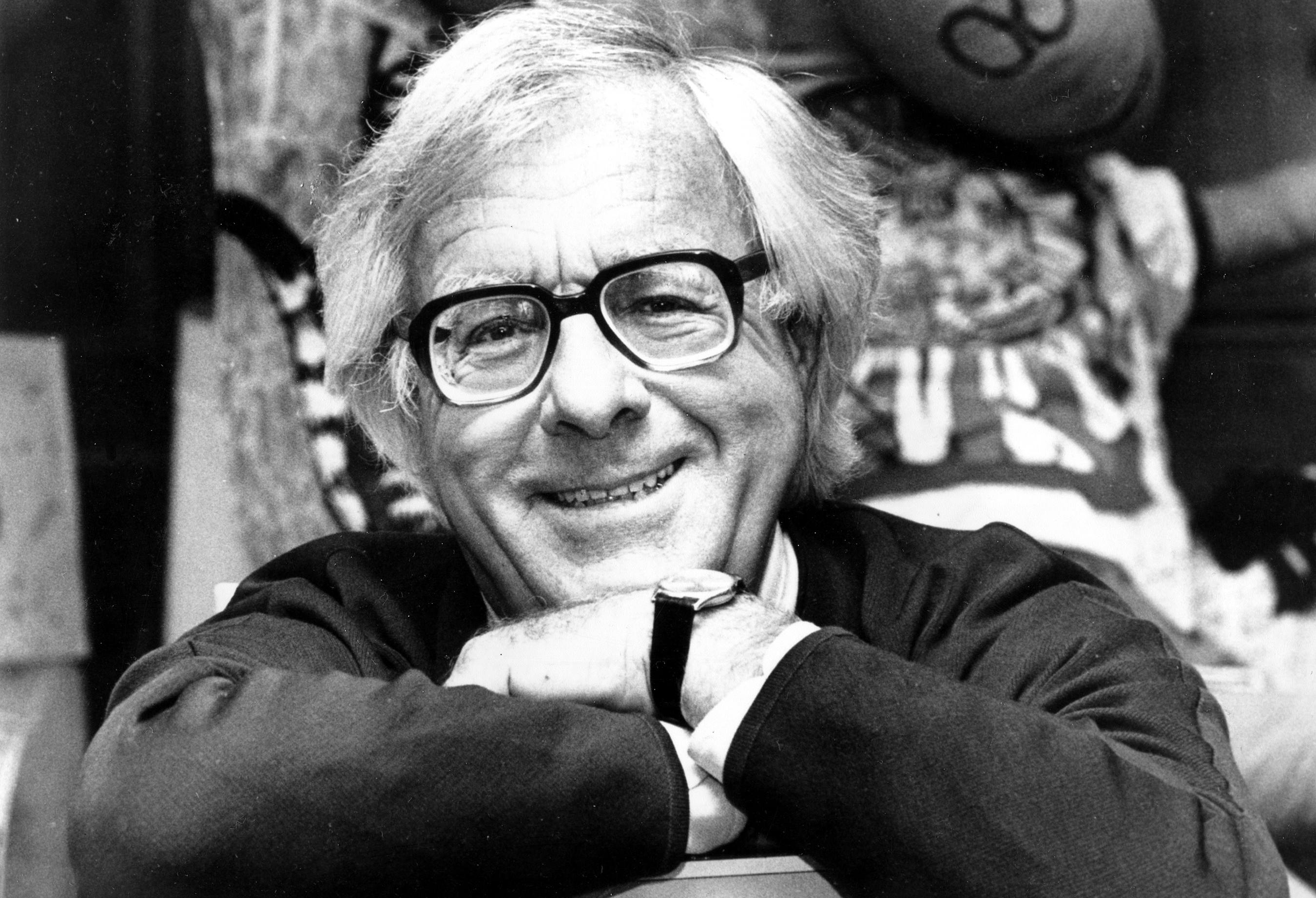Can you believe it?! It's been three years that we've been bringing you our witty, fun and sometimes completely confusing opinions on books, here at Review Me Twice.
I know, we think it feels a lot longer than that too.
So, in keeping with tradition (set up last year), I'm going to tell you my favorite blog post that we have done in the past year.
I really liked when we told about our favorite bad books. Usually on our blog we're telling you about the things that we love, things you should go out and read, things that you just can't miss because they're JUST TOO GOOD.
But in that particular post, it was a different take on our favorites. Yes, they were "favorites" but books that were so absolutely terrible, they looped back into being good again. I have a good friend who really likes books and movies like that, things that are so terrible, that they're funny, so they become good again. It really was a fun post, and different than the things we usually do.
It's been a great three years, and I hope we still have everyone three years from now!
I know, we think it feels a lot longer than that too.
So, in keeping with tradition (set up last year), I'm going to tell you my favorite blog post that we have done in the past year.
I really liked when we told about our favorite bad books. Usually on our blog we're telling you about the things that we love, things you should go out and read, things that you just can't miss because they're JUST TOO GOOD.
But in that particular post, it was a different take on our favorites. Yes, they were "favorites" but books that were so absolutely terrible, they looped back into being good again. I have a good friend who really likes books and movies like that, things that are so terrible, that they're funny, so they become good again. It really was a fun post, and different than the things we usually do.
It's been a great three years, and I hope we still have everyone three years from now!


















